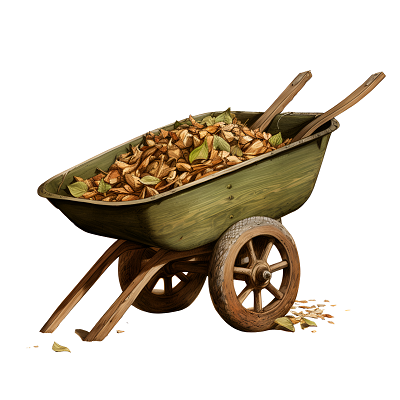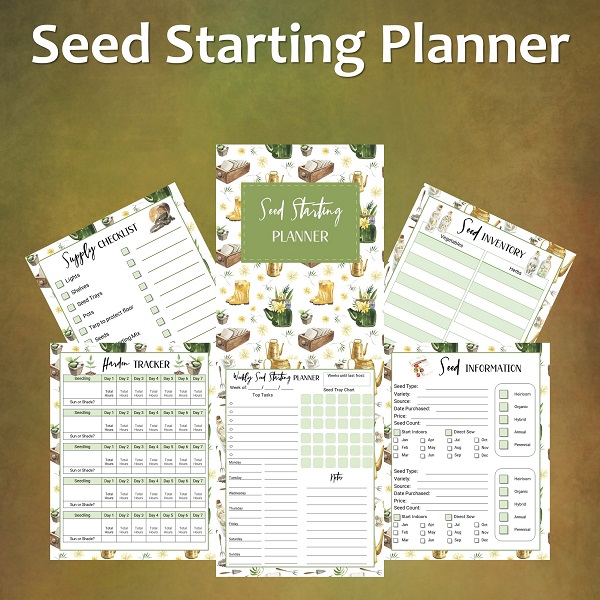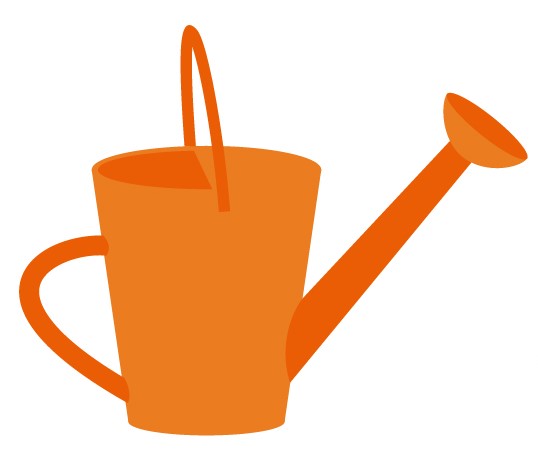 As you begin to learn more about growing your own food and starting a vegetable or herb garden, you will find that composting is high on the list of recommendations. With composting, you are using organic material to improve the quality of the soil, which helps those vegetables and plants to grow faster and with higher quality. Here are some things to know about composting:
As you begin to learn more about growing your own food and starting a vegetable or herb garden, you will find that composting is high on the list of recommendations. With composting, you are using organic material to improve the quality of the soil, which helps those vegetables and plants to grow faster and with higher quality. Here are some things to know about composting:
Why You Should Compost
Before you start composting for your vegetable or herb garden, it helps to know exactly why you should do it. There are actually a lot of benefits to it, from the quality of your vegetables to not having to use as many chemicals.
With composting, the first benefit is that you don’t need to use other fertilizers. You might still use an organic fertilizer, but you won’t have the need for chemical fertilizers. These shouldn’t be used on any crops where you will eat the product, like vegetables, herbs, and fruits.
Another benefit is that the soil is able to retain more of its moisture and help reduce pest problems with the plants. You will also be able to keep out bad bacteria, but promote healthy bacteria that provides nutrients to your crops.
Types of Composting Material
In terms of what you can actually compost with, it is going to be a combination of brown materials and green materials. This is typically how they are categorized, so any time you look up information, look for these basic labels. The green composting materials will often include scraps from your fruit, like peels and leaves, along with coffee grounds, grass and weed clippings, and vegetable waste.
With brown composting ingredients, this is what you get outside, like twigs, branches, and leaves that fall off your trees or bushes. Both greens and browns are typically combined with water in order to develop a decent compost material.
Tips for Composting
One way to make a compost is to make hot compost. This is when you actually cook the materials. For hot composting, you will layer your ingredients, like vegetable scraps, dry leaves, and grass clippings, add some water and soil, and heat it up. This is a really good way to make hot compost.
There is also cold compost, which simply means you are piling together yard waste and materials from your trash and adding it to a compost bin. This is often used as dry mulch for your yard.



